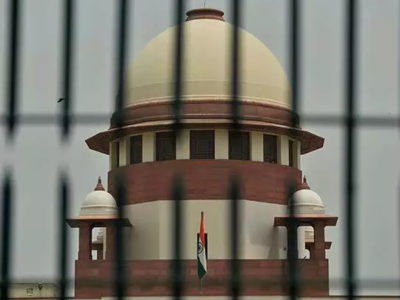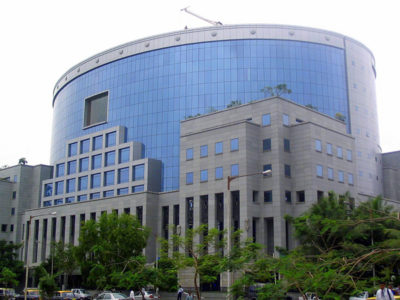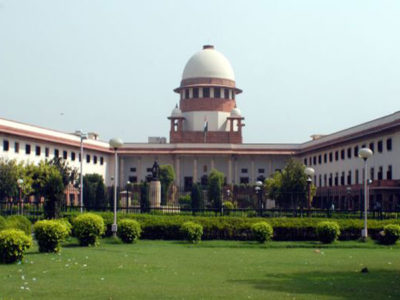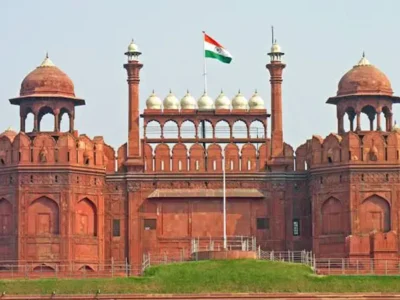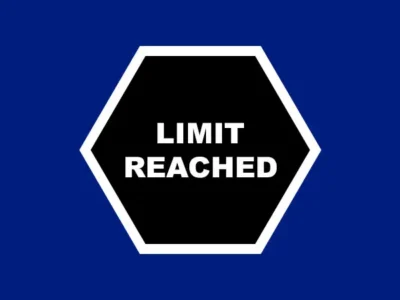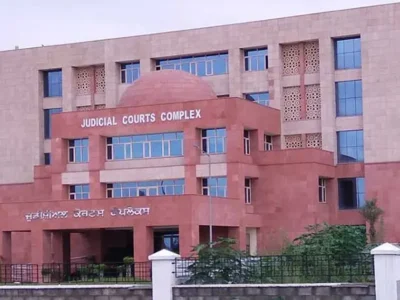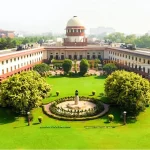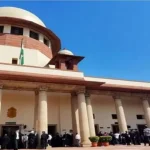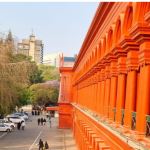Are Judicial Statistics Just Another Sheet of Paper in the Pile?
The Supreme Court of India recently released its Annual Report for the year 2017-18. For those interested in judicial statistics for the High Courts, this is considered to be one of the few sources where one can find information regarding the nature of cases instituted, disposed, and pending in all the High Courts.
Why Are Public Enterprises Unable to Compete With the Private Sector? The Supreme Court Weighs in.
The recent Supreme Court judgment in Caretel Infotec. Vs. Hindustan Petroleum Corporation Limited (Civil Appeal No. 3588 OF 2019) highlighted the problem of excessive litigation challenging public sector tenders.
Should The Central Selection Mechanism For The Appointment Of Subordinate Courts Judges Be Implemented?
An overwhelming number of judicial positions in subordinate court are vacant and the Supreme Court is pressuring state authorities and the High Courts to fill these vacancies. The Court has sought their opinion on establishing a central selection system for appointing district judges.
What Parameters Should We Use to Judge Our Judges?
A recent news report indicated that the NITI Aayog is working on a proposal to introduce performance reviews for judges across the country.
AI in courts as a Way Forward in Judicial Analytics
Imagine a scenario where a judge is armed with advanced analytics and artificial intelligence tools to handle each case on his/her docket.
Commercial Courts: Serving Justice or Ease of Doing Biz
The report suggests boosting the current strength of judges from 143 to 186 to clear all the pending cases in one year
Why Indian Courts Shouldn’t Get Their Hopes Up With Congress Promise of Judicial Reform
Congress’ election manifesto opens debate on much-needed reform in Indian judiciary but promises have seldom turned into government action.
Can a Court List and Hear Over 500 Cases a Day?
We often hear of courts in India listing around 100 cases a day for hearing, how often do we hear of a court listing over 500 cases a day?
Time Limit On Stay Orders
In a 2018 judgment with far-reaching repercussions for litigants and lawyers, a three-judge Bench of the Supreme Court in Asian Resurfacing of Road Agency Private Limited v Central Bureau of Investigation (2018 SCC Online 310) has restricted the duration of stays in both criminal as well as civil trials to six months.
District Courts: Another New Tool For An Age-Old Problem?
In a speech on July 14, 2018, months before his swearing in as the Chief Justice of India, then-Justice Ranjan Gogoi spoke of the need of the judiciary to improve the efficiency on a day-to-day basis, and emphasised the need to adopt tools for that purpose.

